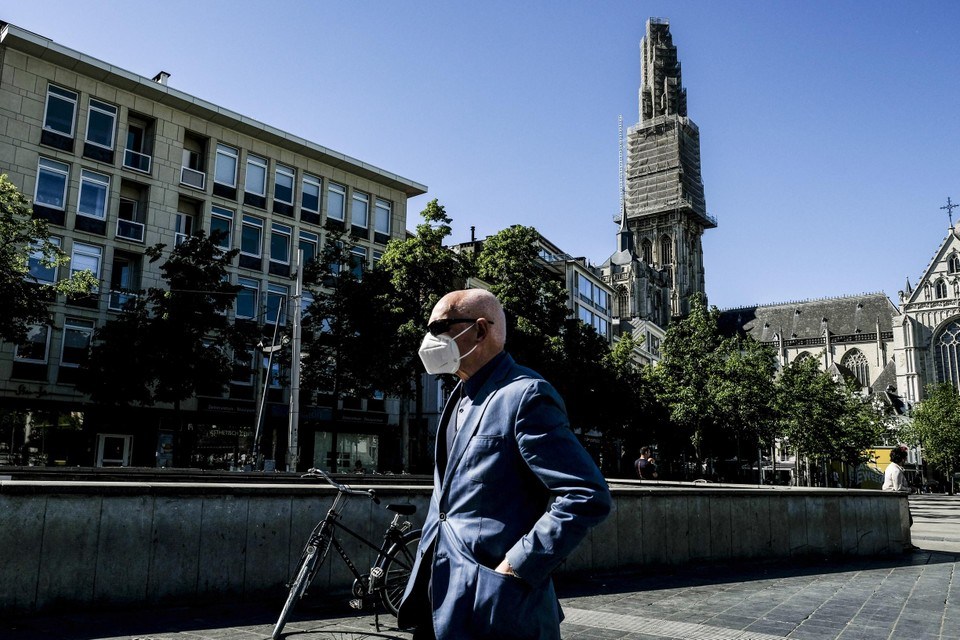The latest tightening of measures against the new coronavirus in Belgium have made it the European country with the strictest approach against a potential new wave of the pandemic.
The National Security Council on Monday ordered a drastic scaleback of relaxations on social contacts, shrinking each resident's social bubbles by more than half for at least four weeks.
Belgium's requirement that restaurants, bars and cafés gather the names and contact information of every table they serve is also unique throughout the Continent.
Related News
- Coronavirus vaccine: no severe side effects for Belgian trial participants
- Belgium's new coronavirus measures: what changes from tomorrow?
- People flock to Brussels coronavirus testing centres ahead of travels abroad
The information collected is meant to facilitate contact tracing procedures and allow establishments to contact customers in the case that a potential cluster is detected.
The outbreak in the Flemish city of Antwerp also saw provincial authorities there impose a blanket curfew, with all fitness centres also ordered to shut down and with authorities in the city of Antwerp even moving to ban the sharing of drinks or hookahs in shisha bars.
The measures are some of the strictest in Europe, with similar curfews only applied in Spain's and Portugal's virus-hit regions.
The concept of regulated social bubbles is non-existent in other neighbouring countries such as the Netherlands, France or Germany, where social distancing guidelines make up the bulk of official recommendations.
The Netherlands has registered nearly 1,000 new cases of the coronavirus over a 7-day period, according to the most recent figures for the period of 15-21 July.
Dutch authorities recommend people belonging to different households to always maintain a minimum social-distance of 1.5 metres and events who perform "health checks" are allowed to go forward with no limit on the number of attendees.
In Germany, where HLN reports that there are currently less than 10 new infections per 1 million inhabitants, it is mandatory to wear face masks in public transport and inside shops and strict requirements to always keep 1.5 metres of distance in public.
Gatherings are allowed to go forward so long as it can be guaranteed that attendees will be able to social-distance appropriately, and mass events are banned until at least October.
After authorities in France lifted one of the strictest lockdowns, residents are now just asked to limit their social contacts to a minimum but large, outdoor events with up to 5,000 participants are allowed to go forward. Inside shops and in public transport, the use of a face mask is mandatory for everyone over the age of 11.
The Brussels Times

